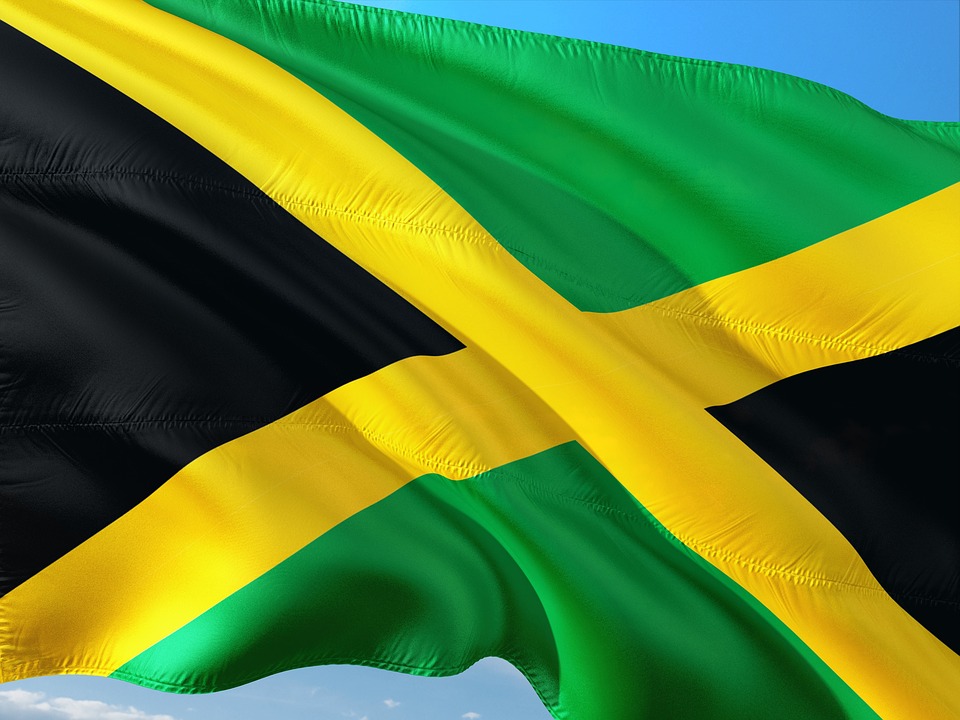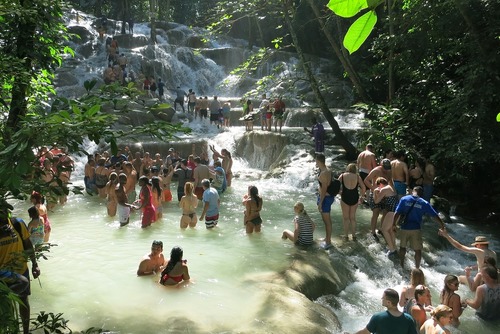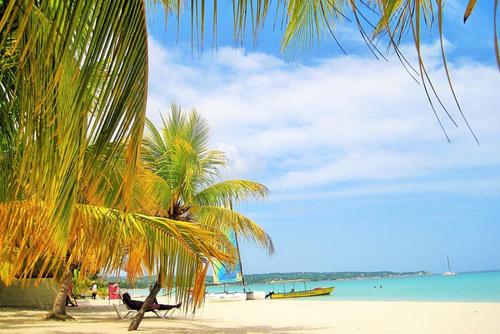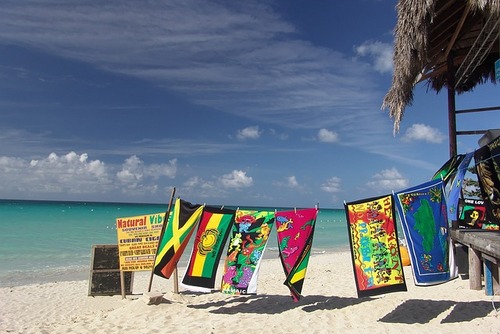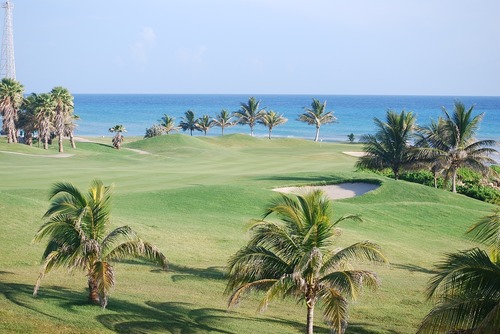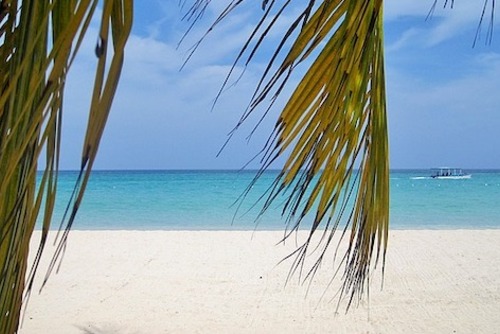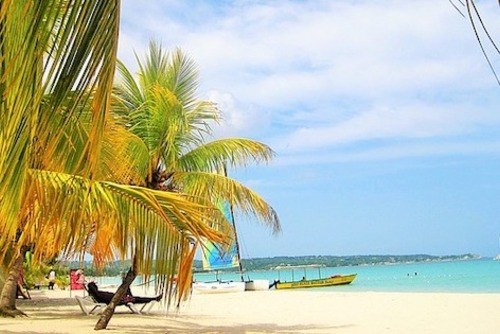However, even with the beautiful beaches and luxury resorts, many tourists ask themselves, "is Jamaica safe?" With crime and violence an issue in Jamaica, staying safe requires a proper understanding of the country and its culture.
In this article Maxie DaCosta shares his experiences and top tips how you can stay safe when travelling in Jamaica.
Things to Consider Before Booking a Trip
Thousands of international tourists visit Jamaica every year and have an incredible vacation without any problems.
Most visitors only stay in Jamaica for a short time, usualy for weddings or family vacations and spend the entirety of the trip in a luxury resort or hotel. There is little to no crime that occurs in tourist areas.
However, you can become an easy target if you visit the wrong destinations or don't follow local recommendations.
If you would like to explore more of Jamaica independently it is important to research all destinations before departing and ask locals for their tips. There are so many amazing places to visit in Jamaica, this country is spectacular with friendly locals and a vibrant atmosphere.
Check out my top advice for stayng safe below.
High-Risk Areas & Places to Avoid
Crime is often concentrated in certain areas of Jamaica. If you are visiting soon and hoping to have safe travels in Spanish Town, Kingston, Montego Bay, or any other part of the island, you need to know where not to go.
Are you still wondering to yourself, "is Jamaica safe?"
It is a good idea to plan your trip around the safest place to stay in Jamaica by avoiding the most threatening and infamous areas.
Do your best to steer clear or take extra caution in the following places in Kingston:
- Tivoli Gardens
- Arnett Gardens
- Cassava Piece
- Trench Town
- Mountain View
When traveling in Montego Bay, stay away from Hart Street, Clavers Street, Flankers, Norwood, Canterbury, and Rose Heights.
If you plan to explore the middle of Jamaica, for example Spanish Town stay in the more populated area like St. Catherine.
Travel Safe in Jamaica: Understanding the Criminal Element
When it comes to staying safe in Jamaica, tourists and visitors need to play it smart. It is common knowledge that certain crime rates in Jamaica have always been on the higher side but this is mostly in local areas. Here are some things to be aware of:
Gang & Drug Culture
According to Jamaica Wikitravel and similar sites, Jamaica has always had a pervasive problem with gang-affiliated violence.
As much as I love my homeland, there's no trying to sugarcoat the rise of violent crime. 2010 was a particular bad time. That year, the country declared a state of emergency due to the rampant violence and criminal activity throughout Montego Bay, Kingston and several other cities.
While the threat of crime is very real in certain parts of the country, in most situations, the crime remains local with native Jamaicans as the victims.
Petty Theft
The most common type of crime that tourists face is acts of pickpocketing and other petty theft. Of course, that’s nothing new. Tourists must keep an eye on their belonging in European and North American cities.
Similarly, visitors have been victim to credit card skimming as well as armed robbery. Tourists that avoid ATMs and the use of credit cards, while making every attempt to stay near crowds and within tourist areas are least likely to experience this type of crime.
Dating in Jamaica
In Jamaica, sexual assault can pose a very real problem for visiting tourists. This is especially true for women. In many cities, male and female prostitution in Jamaica is common.
Oftentimes, tourists rent the services of local men and women for sexual acts. This practice can make traveling women vulnerable to local men. Women traveling alone should be very aware of their surroundings and make every effort to avoid becoming a lone target.
If you are keen to have a romance or meet potential partners, check online,
Driving in Jamaica
Some travelers arrive in Jamaica, wondering "is Jamaica safe to drive through?" This, however, is more challenging than most tourists realize. Signage and road conditions in the country are oftentimes very poorly maintained.
It isn’t uncommon for winding roads to have no barricades, few signs, and very uneven lanes. Top this off with driving on the left-hand side of the road, driving in Jamaica often confuses tourists. It is best to use the services of a local driver, rather than attempt any driving of your own. This will help to keep you save from endangering yourself on the road.
In addition to the hazards of driving, Jamaica is a common target for natural disasters. Tropical storms and hurricanes are very frequent during the summer months.
Tourists that are planning to visit during this time should always carefully monitor the weather. Similarly, other emergency situations can occur as travelers vacation on the beaches.
Accidents in the water and on watercraft are relatively common. It is best for tourists to stay near the shore and be very careful when operating a jet ski or similar vehicle.
Advice for LGBTQ Tourists in Jamaica
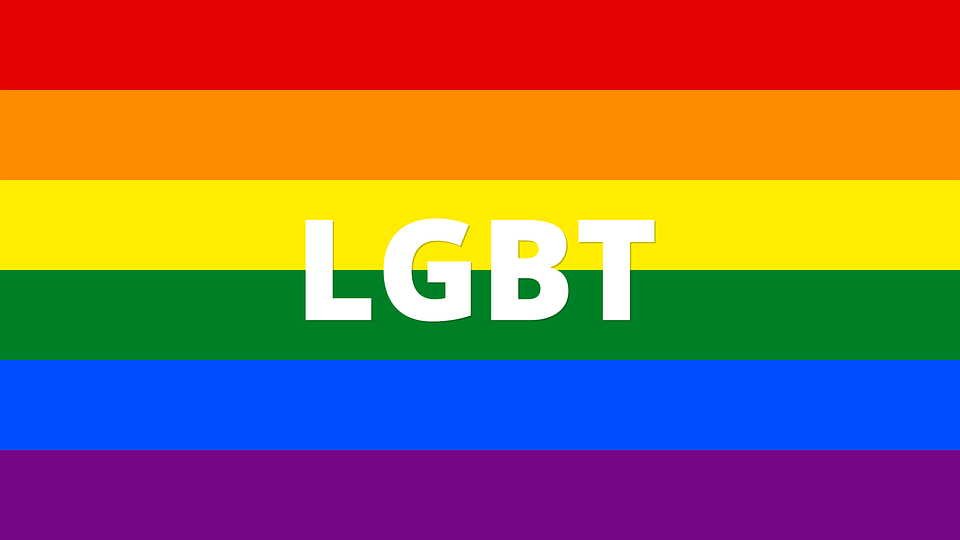
Jamaica, unfortunately, is notorious for having a bit of a backwards view of members of the LGBTQ communities. In fact, at times this borders on outright homophobia.
Gay and lesbian travelers can become easy targets for ignorance and hate and there have been instances in the past related to this.
While in some countries, this sort of prejudice may only lead to a verbal attack, in Jamaica, homophobia can easily turn into violence. Jamaica condemns gay sex as illegal and does ocasionally punish some members of the LGBTQ community with jail time.
As a tourist, it is important to carefully consider this aspect before booking a trip to the island and if you are LGBTQ and worried about this being an issue, be sure to read more on online guides or it may be best to avoid the island altogether.
Language
Despite the prevalence of Jamaican patois, the most commonly spoken language is English. Visitors that are from other countries and speak various languages can become targets for criminals.
Staying within highly populated areas, as well as around your hotel will help keep you safe. In these areas, many people speak other languages, like French, Spanish, or Mandarin and may even wish you safe travels in Spanish, or your language of choice.
Tourist Harassment in General
It is common for tourists to experience some low levels of harassment when venturing into the streets of Jamaica. This can range from souvenir sellers on the streets to sometimes advances by drug dealers and catcallers.
By firmly and respectfully declining their offers, you will easily be able to avoid any further harassment and remember in touristy areas there are usually a heavy police presence.
Advice for Tourists
While Jamaica itself may seem like a dangerous place to potential visitors reading through Jamaica Wikitravel, it can be quite safe when travelers follow a few helpful tips:
1. Buy Travel Insurance & Consider a Structured Trip
Before departing purchase travel insurance which will give you peace of mind incase anything does happen. We recommend buying travel insurance with a company like World Nomads.
If you book a package holiday, gap year program in Jamaica or join an overland tour of Jamaica you will get a local representative to help you when you are in the country. You will get taken to the best places in the country and enjoy a much safer and structured experience than travelling solo.
2. Don’t Travel Far After Dark
If you are staying in a hotel, it is best for you to be back by nightfall. Whether you are traveling by foot or car, it isn’t advised to be out on the street at night.
2. Travel in Numbers
Even if you are in the safest place to live in Jamaica, walking around freely isn't a great idea. While traveling alone during the day isn’t particularly unsafe, it is definitely advised against at night. It is best for tourists to always travel in numbers at all times. Traveling as part of a pack will make you less of a target and will help you to become more aware of your surroundings.
3. Carry Cash, but Just Enough
To avoid having to use ATM’s and credit cards, it is best to carry cash. However, you don’t need to take all of your spending money with you everywhere you go. If you happen to become a victim of pickpocketing, you will have the rest of your money locked away in your hotel room.
4. Don’t Seek Out Criminal Activity
Many visitors come to Jamaica hoping to buy marijuana. That’s certainly fine as medicinal marijuana is legal and recreational use is largely decriminalized.
In fact, I once heard about an ‘enthusiast’ shall we say being caught under the influence and without the proper paper work. Needless to say, he was fined for this transgression – however, the fine amounted to a whopping US equivalent of $5 (can you imagine??)
However, Jamaica can be home to harder recreational drugs that are more frowned upon by the authorities. If you go looking for criminal activity, you easily make yourself a victim of a more violent crime that you essentially can’t report because of your actions.
Avoid this situation altogether by sticking to strictly legal behavior.
Finally... Don't Let Crime Put You Off Visiting Jamaica
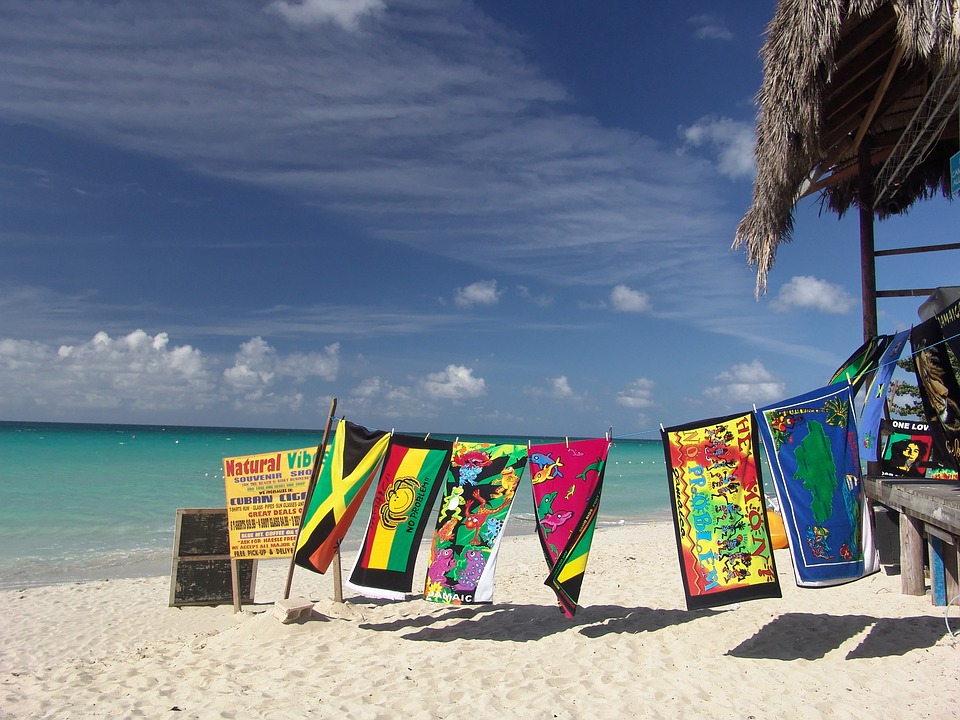
While tourism in Jamaica may seem like it is trying to hide the rise of violent crime, it is just like any other country that you might choose for a vacation. Be sure to carefully plan your trip and get information from tourist guides, forums and past travellers.
Places like Kingston certainly aren’t terrible cities to include in your itinerary, I myself enjoy visiting Kingston quite regularly. Like any other city, you should understand which areas are more tourist friendly and which parts you should avoid. Also like any other city, keep your eyes open and your wits about you.
You’ll do fine if you follow the advice in this guide. With a thorough understanding of the country as well as best traveling practices, your next visit to Jamaica will be a true visit to paradise. if you would also like to give back and help local people you might also want to check out volunteer programs in Jamaica.
By Maxie DaCosta

